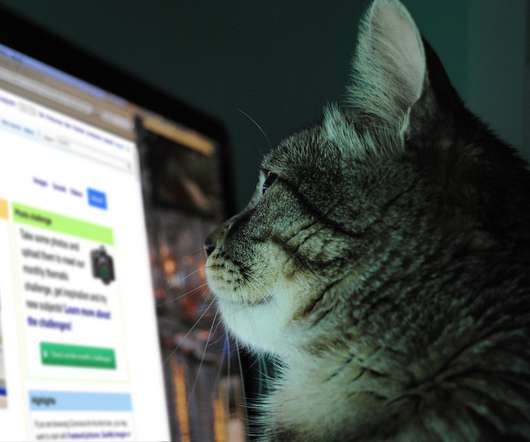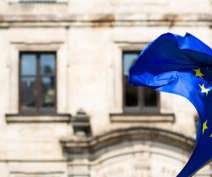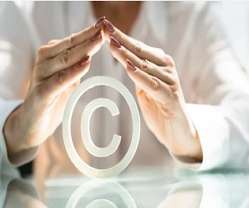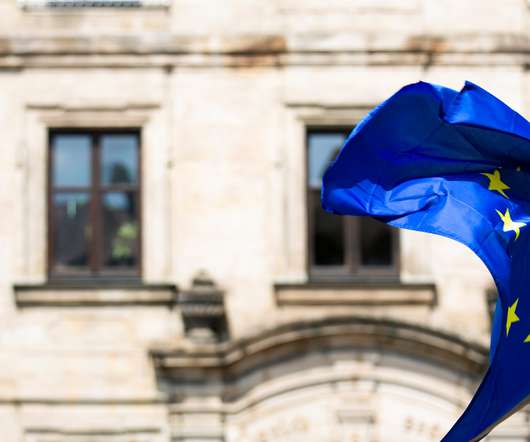Dutch court rejects claims for sui generis database protection of national company register
The IPKat
JANUARY 17, 2022
In a recent case before the Dutch (district) court of Midden-Nederland, the question arose whether database rights can be invoked to prevent third parties reusing and offering data retrieved from the national company register. For those Kats accessing a company register frequently, the decision is certainly worth the read.





















Let's personalize your content